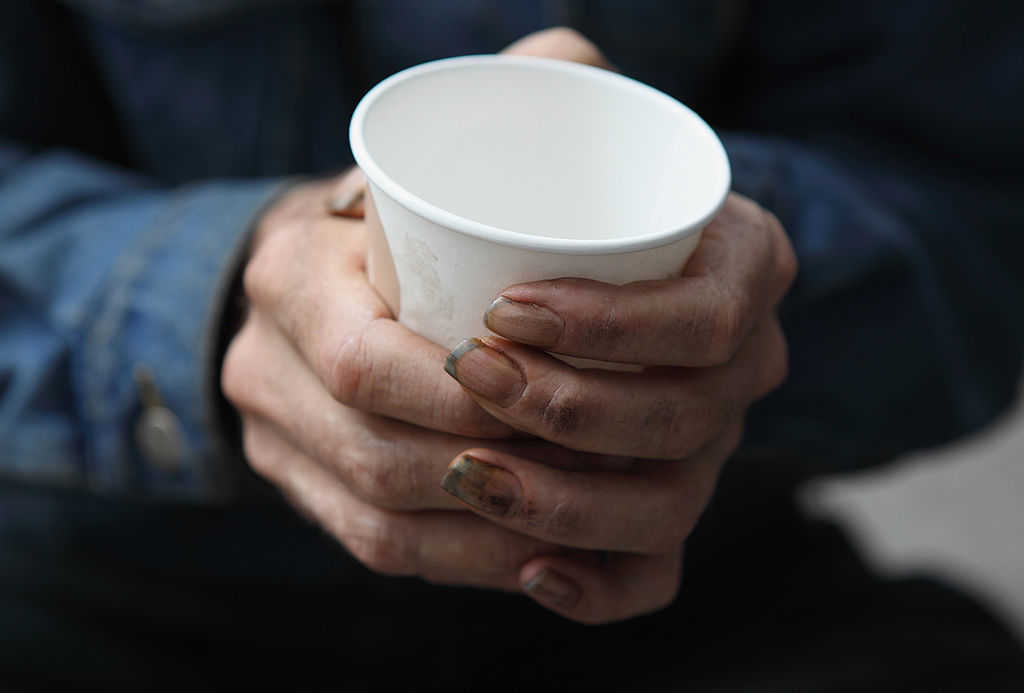A new poll has found that Christians are significantly more likely than non-Christians to believe that poverty is the result of a person’s lack of effort.
READ: This Detail About the Human Body Helped Convince Doctor to Abandon Atheism
It’s a dynamic that is certainly grabbing quite a bit of attention this week after The Washington Post and the Kaiser Family Foundation released recent polling data on the subject.
And here’s what researchers found: 46 percent of Christians said that lack of effort is generally what’s behind an individual’s impoverished state, compared to just 29 percent of non-Christians.
The Washington Post further breaks down the numbers, noting that things change a bit when comparing various Christian groups:
The gulf widens further among specific Christian groups: 53 percent of white evangelical Protestants blamed lack of effort while 41 percent blamed circumstances, and 50 percent of Catholics blamed lack of effort while 45 percent blamed circumstances. In contrast, by more than 2 to 1, Americans who are atheist, agnostic or have no particular affiliation said difficult circumstances are more to blame when a person is poor than lack of effort (65 percent to 31 percent).
These results are fascinating, considering the social and political debates that have raged for eons surrounding taxation, federal funding and how to best cope with poverty.
And, while religious devotion is an important factor, it’s politics that most prominently played out in the results.
Democrats were most likely — 72 percent — to blame circumstances, with just 26 percent crediting a lack of effort for poverty. Meanwhile, these proportions were flipped for Republicans, as 63 percent said lack of effort and just 32 percent invoked circumstances.
An important point, though: The actual question that was asked leaves the door open for people to believe that both of these dynamics are at play, though respondents were asked to pick one that they believe is more prominently responsible.
“In your opinion which is generally more often to blame if a person is poor — lack of effort on their own part or difficult circumstances beyond their control?” the question reads.
You can read more about the results here. It should be also be noted that opinions on a politically-charged question like this might have little to do with the real-life actions that are taken by Christian Americans to help remedy the problem of poverty and homelessness.
The Bible is clear that believers are commanded to help those in need, though there’s also much to say about personal responsibility. Just consider these two verses:
2 Thessalonians 3:10: For even when we were with you, we gave you this rule: “The one who is unwilling to work shall not eat.”
Luke 3:11: John answered, “Anyone who has two shirts should share with the one who has none, and anyone who has food should do the same.”
And, as studies have consistently shown, the more religious a person is, the more likely he or she is to give to charity. So, just because someone sees personal responsibility as a cause, doesn’t mean he or she isn’t stepping in to help regardless.



